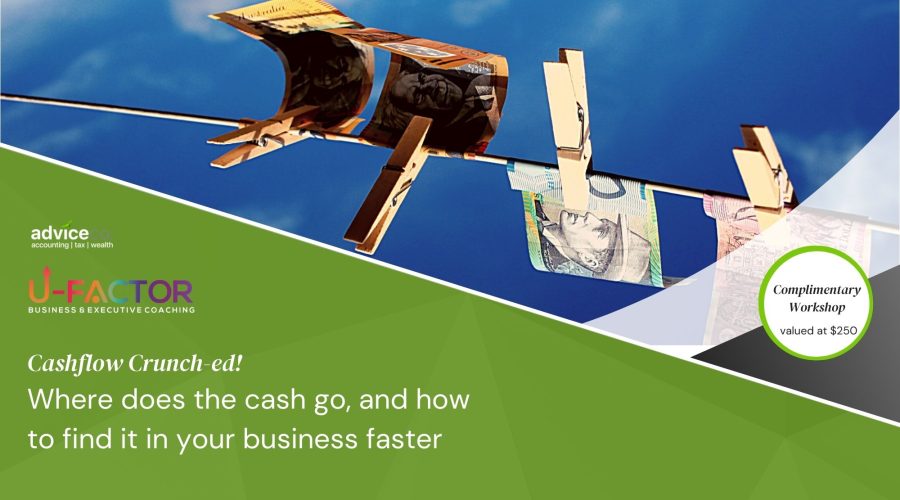Longer life expectancy putting added pressure on SMSF savings Posted on October 9, 2018

The report shows almost 130,000 self-managed superannuation fund establishments in the five years to March 30, 2014, taking the total number of SMSFs to 528,701. It also revealed that the SMSF sector still heavily favours cash investments, with the average fund holding around 35% cash, 24% local equities and 15% in managed funds. Residential property accounts for only 7%, and there is also a smattering of other investments.
SMSFs are therefore unlike the average Australian Prudential Regulation Authority (APRA) regulated super fund, which is fairly diversified across the various investment classes, including global equities and alternative investment classes.
The FSC says the predominant reason for the skewed investment spread of SMSFs would have more to do with trustees having a preference for sectors they are familiar with and understand, like cash and well-known Australian shares and small business related assets.
It says SMSF trustees may have also been given a sense of confidence in their investment decisions since they would have generally defaulted to a higher exposure to cash assets during the global financial crisis.FSC also concludes however that sticking to cash would have also led many trustees to miss out on better returns from other investments.

The FSC also warns that the average SMSF trustee’s stubborn reliance on investments such as cash and fixed income vehicles, which many analysts have concluded are expected to return close to zero in the foreseeable future, does not bode well for SMSF trustees near or in retirement.
Theses are the very people, the FSC says, who will be seeking a stable and regular income stream.
Several economists that the FSC spoke to for its research predict that such defensive asset classes will struggle to beat inflation over the medium term.

FSC warns that paying benefits is not the only concern that SMSF trustees should be worrying about. There is also the added “risk” or longevity.
The latest Association of Superannuation Funds of Australia (ASFA) “retirement standard” puts the annual amount for a comfortable retirement lifestyle at $58,128.
However the number of years an average Australian is expected to live in retirement is gradually stacking up. The latest estimates for life expectancy show that we are living about 25 years longer now than in 1910.
The FSC recommendation is for SMSF trustees to start to seriously consider diversification of their portfolios, a re-think of asset allocations, and to take another look at solid growth assets.
If you would like to know more, click here to speak to a financial adviser who can give you more detailed information on the best approach for your situation.
Source: www.taxpayer.com.au





